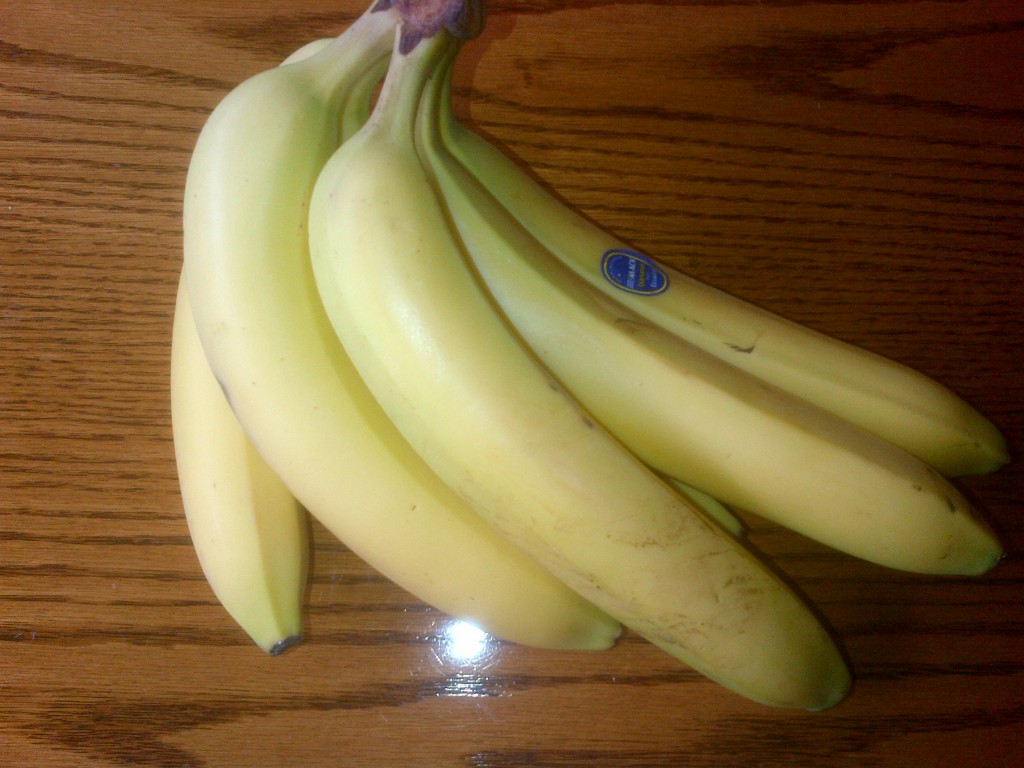Nutrition is the cornerstone to any healthy lifestyle , whether you’re an office worker ,a keen gym user or indeed a professional athlete – we all know(or we should know ) that whatever goes into our bodies ultimately has an effect on the way we feel , the way we act and our performance.
What does an over-weight person, an amateur gym user looking to pack on muscle and a professional athlete all have in common? – THEY ALL HAVE TO EAT! Not only do they have to eat but they have to manipulate their current diets in order to achieve their individual goals. E.g. an overweight person has to consume fewer Kcals over time to lose weight whereas a professional athlete may need to increase their kcals in order to increase running time.
Here is a brief overview of the macro nutrients that we all need each day to maintain our health and strive to reach new targets.
Protein
Protein is a macro nutrient that is especially familiar with anyone looking to pack on quality lean muscle mass. Proteins are used for building, maintenance and reparation of body tissue such as muscle. Proteins are large molecules which are made up of amino acid sub units. Amino acids can be classified into essential and non-essential amino acids. Essential amino acids have to be obtained through diet; these include valine, tryptophan, and isoleucine. Non-essential amino acids which include alanine, cysteine and glycine can be synthesised in the body. Amino acids join together with a peptide bond to form peptides. A peptide is a compound that consists of two or more amino acids, when there are 10 or fewer amino acids joined together the compound is known as an oligopeptide. Polypeptides are chains of 10 or more amino acids. Peptides containing more than 50 amino acids are classified as proteins.
(The diagram displays 2 amino acids joining together with a peptide bond, resulting in a dipeptide and a water molecule (H20)
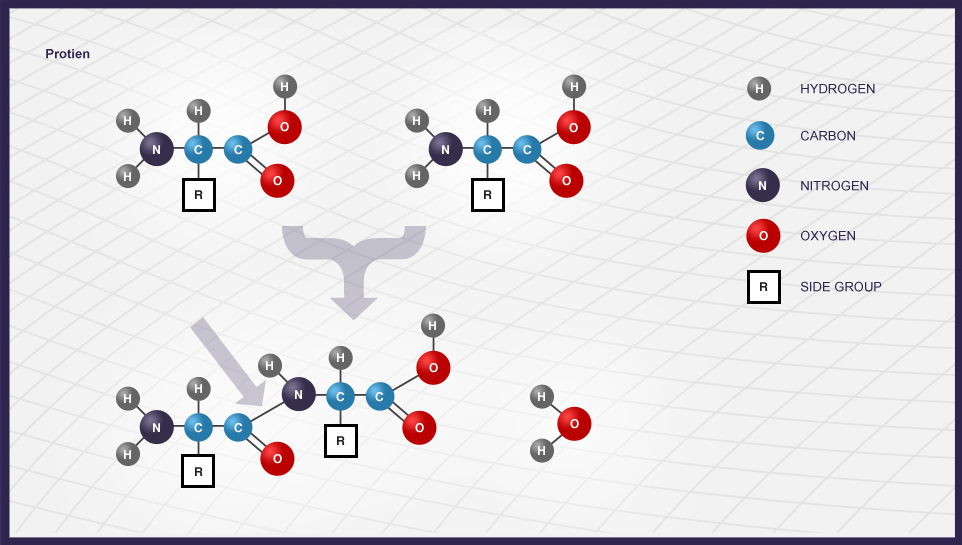
The average person’s diet normally consists of approx. 15-25% Protein. So an average man eating 2500kcals /day would eat approx. 94g- 150g protein daily
If you were looking to pack on muscle increasing your protein intake to 1.5-2.5g/Kg of body weight has been shown to increase lean muscle gains so a 100kg man could potentially consume 250Kg of protein /day.
Good sources of protein include –
• Chicken breast (140g) – approx. 40g protein
• Tuna steak (111g) – approx. 30g protein
• Turkey breast (125g) – approx. 44g protein
• Quinoa (43g) – approx.6g protein *
*Quinoa is worth noting that it contains a full range of essential amino acids, which is unusual for a plant product
By ben on October 23, 2012
Posted in Uncategorized
There are approximately 1000 different type of Banana plants in the word.
The banana plant is classified as an arborescent (tree-like) perennial herb and the banana itself is actually considered a berry. The correct name for bunch of bananas is a hand of bananas; a single banana is a finger.
Over 100 billion Bananas are consumed worldwide each year making Bananas the 4th largest agricultural product in the world.
Bananas are the only fruit to contain the amino acid tryptophan and Vitamin B6. Together these compounds produce seretonin , the bodies natural feel good chemical which improves mood.
Other benefits include:
- A 225g serving contains 2g Protein, 51g Carbohydrates, 1g Fat and 200 Kcals
- Bananas contain the vitamins A, C, D, E, K , Thiamin, Riboflavin, Niacin, B6, Folate, B12, Pantothenic Acid, choline and Betaine
- Bananas contain the Minerals Calcium , Magnesium, Phospherous, Potassium, sodium, Zinc, Copper, Manganese, Selenium and Fluoride.
One banana contains 467mg of potassium, providing powerful protection to the cardiovascular system. Regular consumption of the potassium-packed fruit helps guard against high blood pressure, atherosclerosis and stroke.
By ben on August 30, 2012
Posted in Uncategorized
Check out our article in Exeter Living issue 127 (page 64)
click on the link below and go to page 64
http://content.yudu.com/Library/A1xv29/ExeterLivingNo127/resources/index.htm?referrerUrl=http%3A%2F%2Fwww.mediaclash.co.uk%2Fcity%2Fadvertise

By ben on August 3, 2012
Posted in Uncategorized
This is the first in a series of Dave Badcocks Workout’s to give you an idea on how Dave gets into the shape he’s in
This is his current Back, Traps & Calves workout: –
Wide Grip Pull ups. 4 sets
2×12 reps (Bodyweight), 2×8 reps (with 20Kg added)
Overhand barbell rows. 4 sets
1×12 reps (100Kg) 1×10 reps (14oKg) 1×6 (160Kg) 1×14 (100Kg)
UnderBarbell Rows. 3 sets
3×12 reps (120Kg)
Close Grip Pulldowns 4. sets
1×10 reps (140Kg) 1×10 reps (140Kg) 1×10 reps (150Kg) 1x8reps (160Kg)
Rack Deadlifts. 4 sets
1×10 reps (140Kg) 1×10 reps(180Kg) 1×8 reps (220Kg) then drop set
Dumbell Shrugs. 3 sets
3×15 reps (65Kg)
Seated Calf raises. 4sets
3×15 (120Kg)
Smith Machine Calf Raises. 4 sets
4×7 reps 100Kg

By ben on August 3, 2012
Posted in Uncategorized
Jay ‘Mean Streak’ Mortimore Vs. Dayman Lake

By ben on July 20, 2012
Posted in Uncategorized
Most peoples breakfast starts with a glass of this very nutritious juice – it most certainly is a good way to kick off the day!
Delicious and juicy orange fruit contains an impressive list of essential nutrients, vitamins, minerals for normal growth and development and overall well-being.
Native to Asia Oranges are rich in Vitamin C and fibre. They contain many disease fighting e. Oranges are citrus fruits -Fruits belonging to citrus group are described as “hesperidium”, (A hesperidium is a scientific term to describe the fruit structure belonging to citrus group)
They contain beta-sisosterol- a plant sterol with helps to prevent tumour formation.
Other benefit’s include
- A serving of Orange (180g) contains approx. 0gFfat, 2g Protein 21g Carbohydrates (17g sugars 4g fibre)
- Rich in pectin, which is very effective in persons with excess body weight. Pectin, by its action as bulk laxative.
- Vitamin C is a powerful antioxidant . A medium sized orange contains more than the average RDA of Vitamin C. Vitamin C can also reduce post exercise muscle soreness.
- Oranges also contain the vitamins – A, B1, B3, C, E , K .
- Other Nutrients contained in Oranges include – Beta-Carotene, Folic acid, Beta-sisosterol, Calcium, Iodine, Iron, Magnesium, Phosphorous, Potassium, Selenium, Limonene and Hesperidin.
Oranges are also reputed to reduce cellulite!
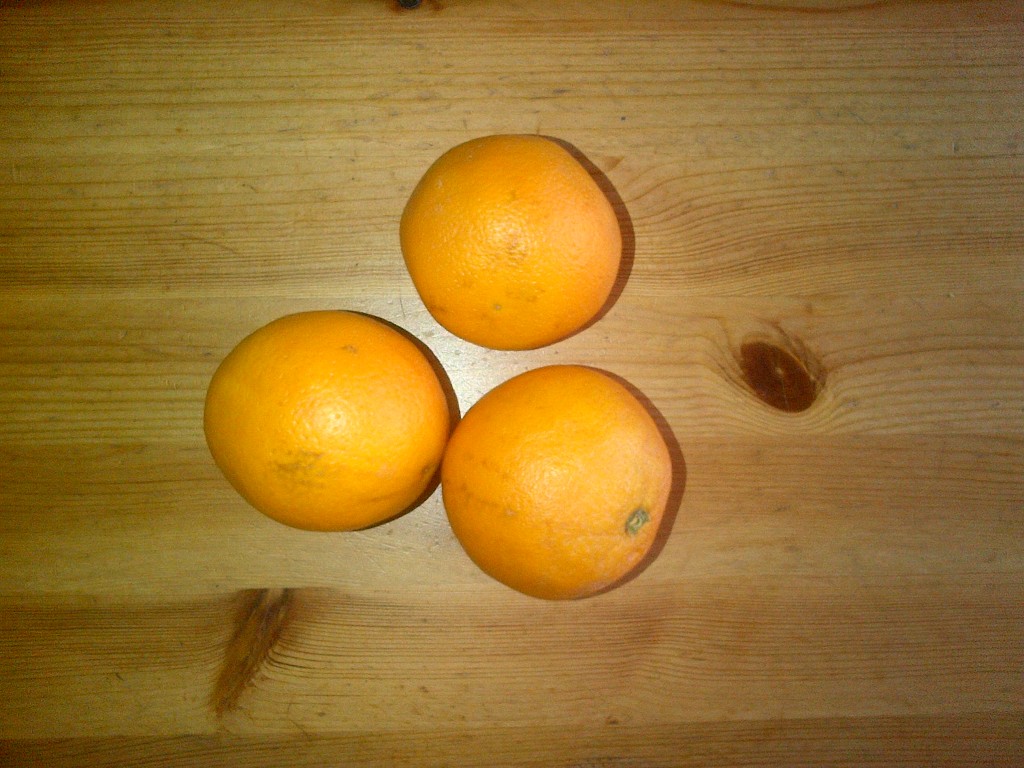
By ben on July 8, 2012
Posted in Uncategorized
Blueberry Nutrition is Proud to be Nutrition advisor to ICON Nutrition.
ICON Nutrition is an innovative sports nutrition and bodybuilding supplement range catering for both male and females across the UK.
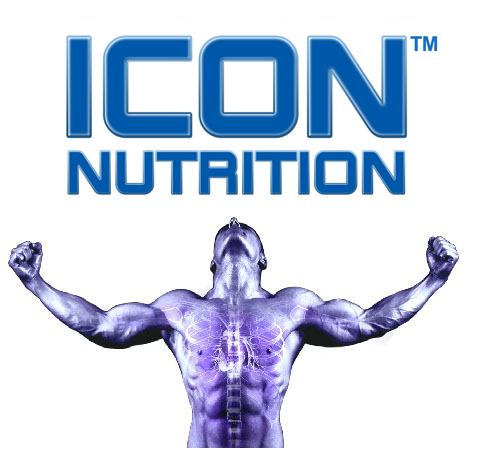
ICON Nutrition is an innovative sports nutrition and bodybuilding supplement range catering for both male and females across the U.K
By ben on June 18, 2012
Posted in Uncategorized
Blueberry Nutrition is proud to welcome aboard our newest athlete Dave Badcock.
Following just over ten years of weight training Dave entered his first body-building competition and won his class- the National Amateur Body-building Association (NABBA) West Britain.

Blueberry Nutrition will be helping Dave to work his way through the British ranks and acheive his pro card!
Welcome aboard Dave!
By ben on June 17, 2012
Posted in Uncategorized
Carrots are one of nutrition’s unsung heroes as they are featured so reguarly on our plates. Packed with nutrients which are particuarly beneficial for healthy vision- giving carrots their reputation
The carrot is an herbaceous plant containing about 87% water, rich in mineral salts and vitamins B,C,D & E.
Carrots arrived in Britain as early as the 16th century and have become well known for their cleansing effect on the liver and blood.
Carrots are among the richest sources of beta-carotene. The body converts beta carotene into vitamin A, which is important in strengthening the immune system, keeping the skin, lungs and intestinal track in order, and promoting healthy cell growth.
Other benefits include :
- A serving size of carrots (approx. 80g) contains 30kcals, 1g protein, 0g fat, 7g of carbohydrate and 2g of fibre.
- Carrots also contain the vitamins A, B1, B2, C, and E, which are also considered antioxidants, protecting as well as nourishing the skin.
- Vitamin K is also found in carrots which the body uses for bloodclotting and would healing.
- Minerals present in carrot include Iron, copper, chlorine, sulphur, phosphorous and magnesium. Chlorine present in carrot is vital for the proper functioning of liver. provides a cleansing and antiseptic effect.
Carrots can be eaten in savoury dishes and sweet too. Its worth noting that that carrots also come in variety of colours including, Orange, Red , Yellow, Purple, White and Black so why not try a few !
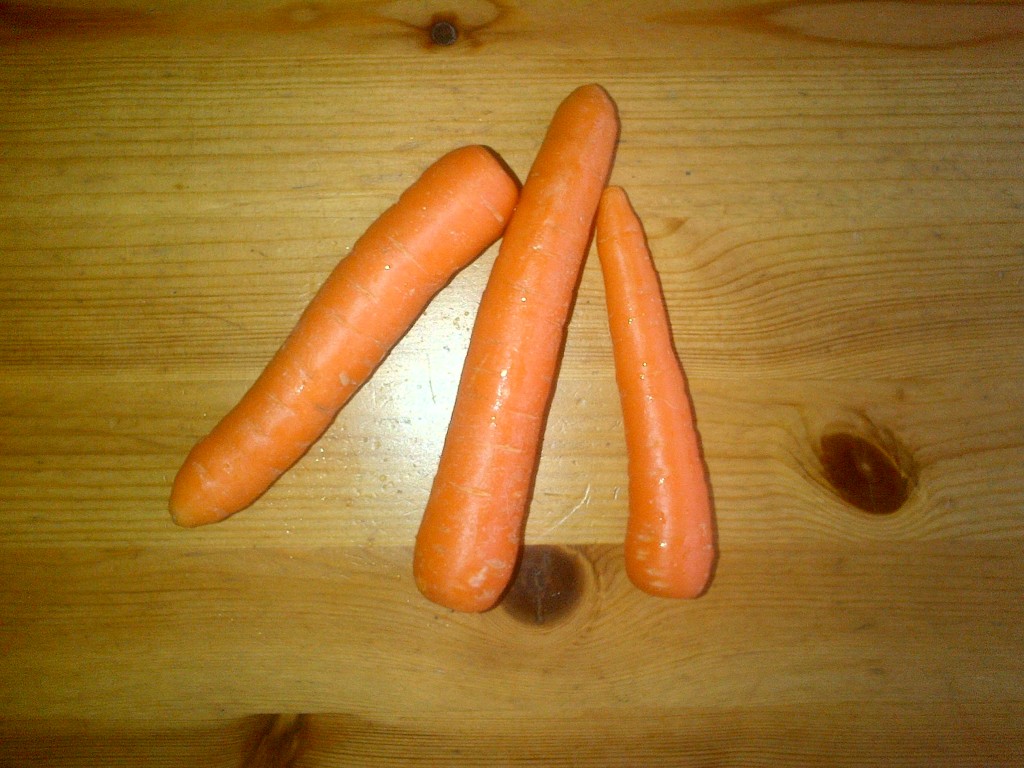
By ben on June 16, 2012
Posted in Uncategorized

